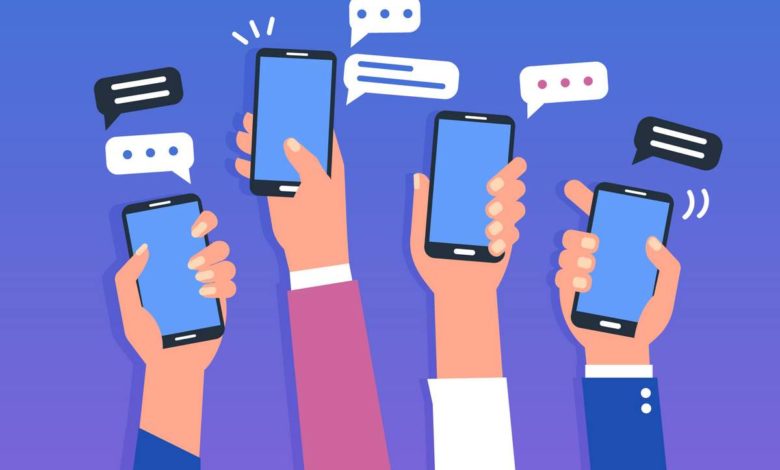How Does Social Media Affect Users’ Self-esteem?

Social media has gained enormous popularity, and its presence has left different psychological impacts on people. Social scientists hypothesized that social media users often compare themselves to celebrities and other not-so-well-known figures. Accordingly, these upward comparisons result in the cause of lower self-esteem. Thus several questions have been formed regarding this topic: Does any correlation exist between spent time on social media and self-esteem loss of individuals? If the answer is yes to the previous question, what kind of correlation is that? What are the characteristics of social media responsible for diminishing individual self-esteem? And what kind of solutions are available for this issue?
Advantages And Disadvantages Of Social Media
Nowadays, social media offers a wide variety of benefits, such as informational availability, fast and convenient communication ability, promotion, and entertaining use. Moreover, it is possible to momentarily receive additional boost and exposure for Facebook or other social media accounts, using services like Socialwick that provide users with a safe and practical experience.
However, apart from positive outcomes, social networks may foster some issues on a psychological level. Psychologists consider that the opinions of others affect individual self-esteem, as most social media platforms encourage their users to express their views and likes. And one of the major features of social media, like Facebook and Instagram, is making personal profiles and other information accessible for the public and friends, who can view, evaluate and leave feedback.
Self-esteem, Definition, And Purpose
Self-esteem refers to an individual’s self-evaluation, sense of pride, and self-respect. Usually, it increases during childhood, decreases in adolescence, and has a purpose for social and existence. Mainly self-esteem’s nature is stable, but for some people, it might be fluid and change according to the environment, trends, and outside events. And meanwhile, a negative response to one’s personality or appearance lowers an individual’s self-esteem, and vice versa, positive feedback raises self-esteem to a higher level. However, it does not mean that social media is terrible for mental health. It allows long-distance communication, delivers a sense of freedom and identity, encourages users during tough times, and helps people make emotional connections and form relationships. Thus social media is a mere tool in individuals’ hands, who can change its effects and outcomes by their actions and perceptions.
Comparisons used that change people’s perception
Generally, people engage in two types of comparisons. Upward – happens when individuals compare themselves to someone who is superior to them in any way, or possesses some positive attributes in real life or based on an individual’s perception, and downward – when they compare themselves to other people who are considered by them relatively “worse”. Upward comparisons may be valuable as people try to improve, but it has a negative effect as well. These kinds of comparisons make people feel belittled and have negative attitudes and thoughts of themselves. Traditionally, social comparisons involved face-to-face interaction. However, technological advances changed their nature and brought them to online platforms.
The self-esteem fluidity may be explained by the signaling theory, which is an approach to personal information available on social media profiles. The users are signallers, and the active signaller decides when and how to share the information. The passive signaller- receives and interprets the data.
According to the theory, signals are intentionally exposed traits of individuals that contain personal information. And Signalling is the action of this information delivery. It thus occurs the Interpersonal influence which can be of normative (psychological requirement of an individual to act according to other’s opinions to receive a sense of belonging as a “reward”), or informative (tendency to perceive information as trustworthy) nature.
In sum, a person has the mental need to comply with others’ rules. Otherwise, they will receive “punishment” and feel isolated and have lower self-esteem. And as social media provides excessive material for social comparison, some people with fluid self-esteem constantly compare themselves to “normative others” and suffer low self-esteem in case of upward comparison, as they fail to keep up with “superior others.”
Final Thoughts
In conclusion, one might say that social media is just a mere tool. This convenient invention makes life in society easier and can be helpful or harmful based on human action, interaction, or perception. Thus the understanding of one’s own mental mechanisms helps people to take practical steps.